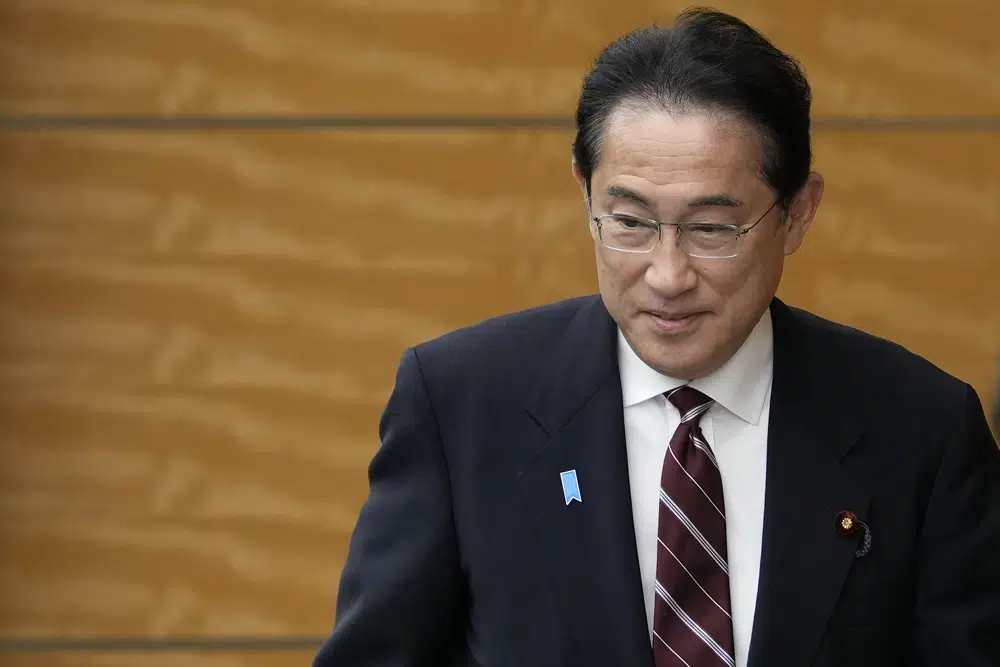Japan aims to refocus its foreign aid on maritime and economic security

Tokyo, The Gulf Observer: Japan approved a major revision to its development aid policy Friday to focus on maritime and economic security and its national interests while helping developing nations overcome compound challenges.
The revision to the Development Cooperation Charter, approved by Prime Minister Fumio Kishida’s Cabinet, comes two years early since the last was in 2015 and updates are usually on a 10-year cycle.
Japan in December adopted a new National Security Strategy, setting a goal of doubling defense spending to 43 trillion yen ($310 billion) over the next five years to fund a military buildup. That means Japan, with fiscal conditions already tight, must use development aid more effectively and strategically.
Under the new security strategy, Japan’s Foreign Ministry has launched official security assistance, or OSA, for the militaries of developing nations primarily in the Indo-Pacific region and is likely to provide Japanese-made, non-lethal equipment like radars, antennas, small patrol boats or improvements of infrastructure such as ports.
Ministry officials say that’s different from assistance under the Development Cooperation Charter, which sticks to non-military cooperation and ensuring peace and prosperity, while focusing on human security as “a guiding principle.”
The Foreign Ministry in April had 571 billion yen ($4.1 billion) development aid for non-military purposes and, separately, 2 billion yen ($15.2 million) to help strengthen national security of the “like-minded” Indo-Pacific militaries.
“The international community is at a historic turning point, facing compound crises,” the revised charter stated, noting worsening global challenges such as climate change, infectious diseases, serious challenges to the free and open international order and risks of fragmentation, and their impact on developing nations.


